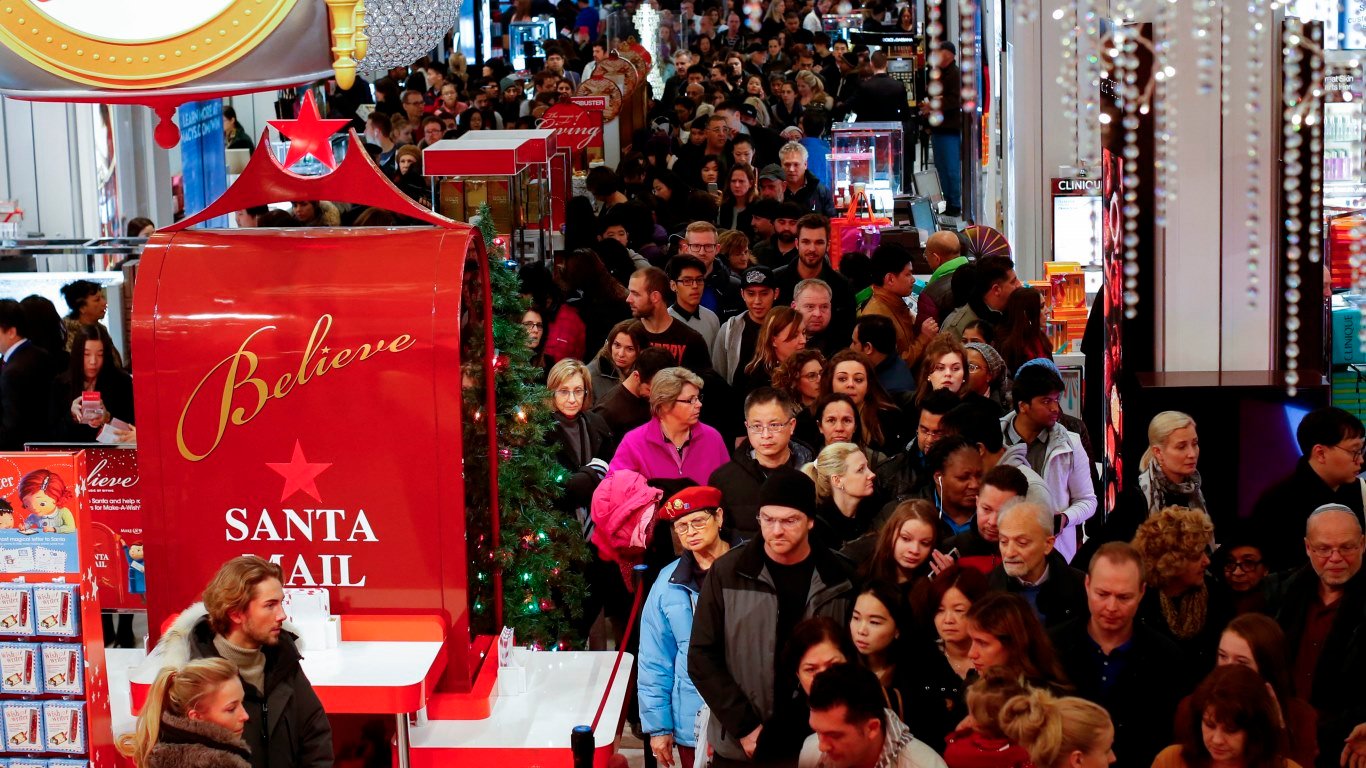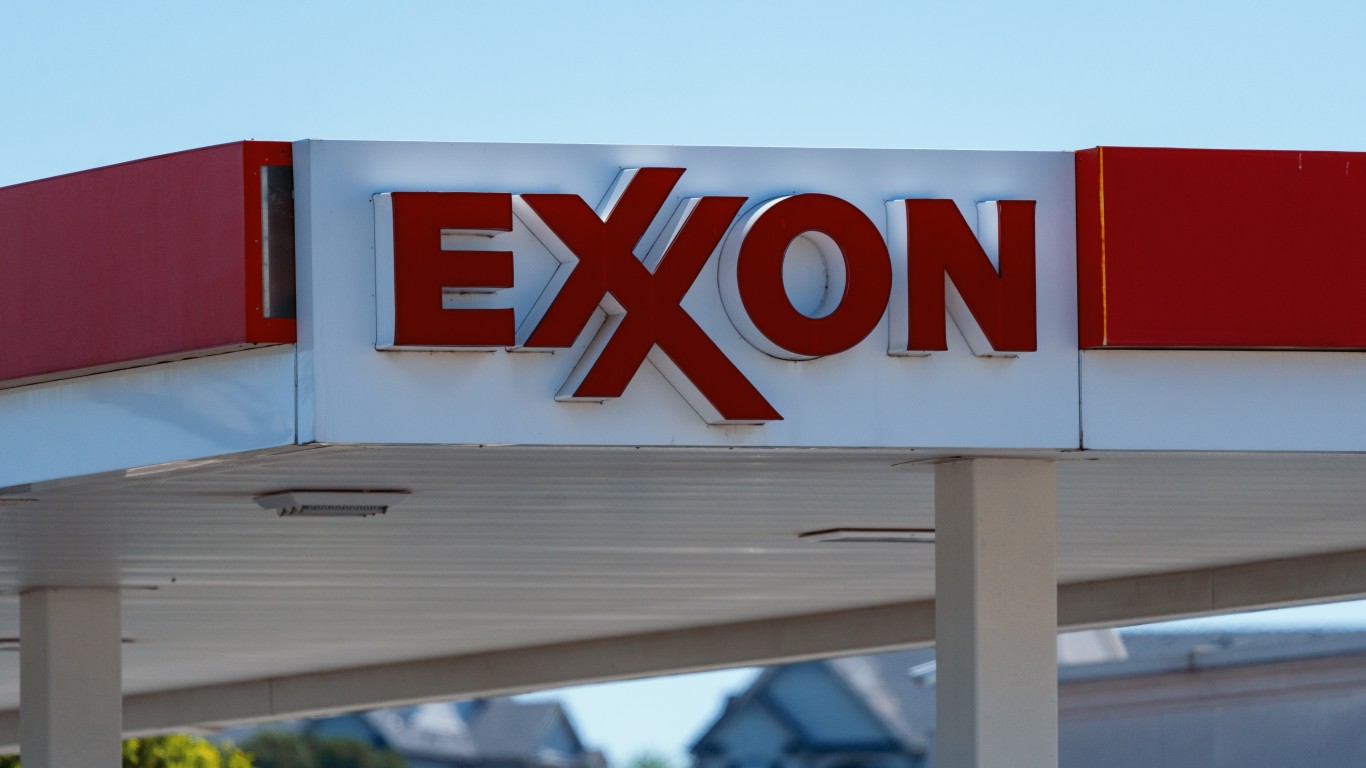

The final University of Michigan Consumer Sentiment Index for November rose from an October reading of 95.5 to 96.8. When the preliminary November index score was reported earlier this month, the index reflected a slightly smaller increase to 95.7. Economists polled by Bloomberg were expecting a final November reading of 95.7.
The final index reading in November of last year was 97.5. The 0.7% year-over-year drop was due to continued confidence in future income.
The survey’s chief economist, Richard Curtin, commented, “Personal spending will be energized by record favorable evaluations by consumers of their personal financial situation, with gains expected across the entire income distribution, net increases in household wealth, the renewed appeal of price discounting, and reduced mortgage rates.”
Curtin continued, “Nonetheless, there is little point in dismissing the significant risks from potential negative shocks, associated with tariffs, impeachment, the presidential election, global growth, and geopolitical events. It has been differences in how these risks have been assessed that underlie the partisan differences among consumers and the gap in sentiment between the business and consumer sectors.”
The consumer expectations subindex rose by 3.1 points month over month, from 84.2 to 87.3 (up 3.7%), while the current conditions sub-index decreased from 113.2 to 111.6 (down 1.4%).
Year over year, the current conditions subindex slipped by 0.6% and the consumer expectations subindex fell by 0.9%.
In the preliminary November report, the beginning of impeachment proceedings for the U.S. president weighed more heavily on consumer sentiment.
“Although impeachment proceedings occurred [in 1998-99 and this year], the current period is distinctive for the much sharper partisan divisions in the economic expectations among consumers as well as the wide gap in optimism between consumers and business firms. One side anticipates a recession, while the other side expects an uninterrupted expansion in the year ahead. To be sure, there is ample reason for both optimism as well as pessimism, but not the extreme differences voiced by these groups,” Curtin concluded.
With the 2019 holiday shopping season just around the corner, consumer sentiment remains buoyant with one estimate for seasonal spending topping $1 trillion for the first time ever.
Thank you for reading! Have some feedback for us?
Contact the 24/7 Wall St. editorial team.
 24/7 Wall St.
24/7 Wall St.


